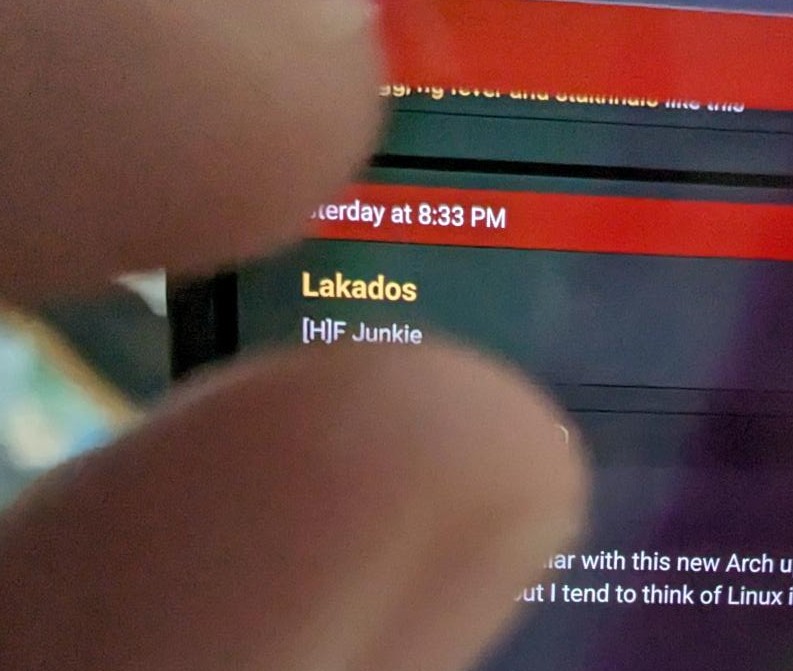Zarathustra[H]
Extremely [H]
- Joined
- Oct 29, 2000
- Messages
- 39,029
You can boil most Linux distros down to either being Debian/Ubuntu based, Arch based, or just stand alone. Linux Mint for example is just Ubuntu with a custom UI and some select software they feel should or shouldn't be included. Ubuntu itself is based on Debian with a more updated repository and use of kernel, with again a custom UI and select software. They can all download and install a .deb and for the most part work the same. This is why when you go to install software, you often see "Debian/Ubuntu/Mint" because they're all nearly the same and popular.
Anyone who uses the argument that Linux is fragmented hasn't actually used Linux.
Agreed.
I mean, I am not familiar with this new Arch upstart people are talking about these days, but I tend to think of Linux in terms of three major branches.
Those based on:
- Slackware: -> Suse, etc.
- Debian: -> Ubuntu -> Mint, etc.
- Redhat: -> RHEL & Fedora -> Centos, Mandrake, Mandriva, etc.
I don't really know where Arch fits in in that picture, but there are many many more, as this chart illustrates. Hundreds in fact.
The truth - however - is that every last one of them are binary compatible. Take an executable from one, and run it on the other, and as long as you have the right dependencies installed (or they are statically compiled, or a part of a binary blob) it will run on any of them.
They all have different tools, installers, updaters, etc. to suit the particular project, but they all work with each-other, and because of this fragmentation is a red herring.
![[H]ard|Forum](/styles/hardforum/xenforo/logo_dark.png)
